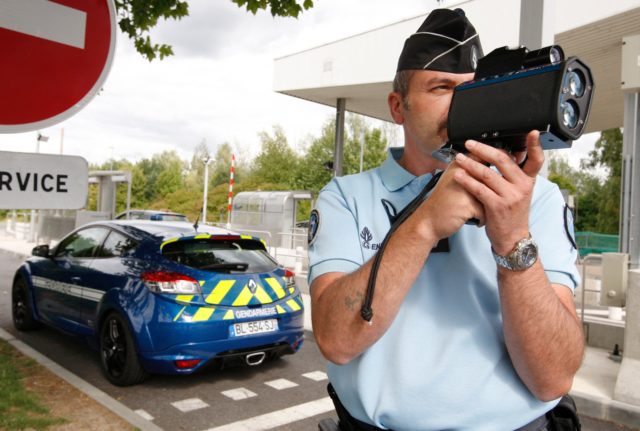The 28-year-old was stopped on Wednesday after he was spotted driving dangerously, almost crashing into some parked cars, Tgcom24 reported.
However the man refused to take a breathalyzer test, saying that he would only allow himself to be tested by officers from the north of Italy.
“I want to know where you are from because you policemen are all peasants,” he reportedly said. “So if you don’t tell me where you are from I won’t give you anything.”
The incensed man then proceeded to lash out at the officers, kicking and punching them.
The policemen, two of them from Sicily and Campania in southern Italy, and the other two from the northern regions of Venice and Lombardy, then arrested the man.
On Thursday he was given a four-month suspended prison sentence.



 Please whitelist us to continue reading.
Please whitelist us to continue reading.
Member comments